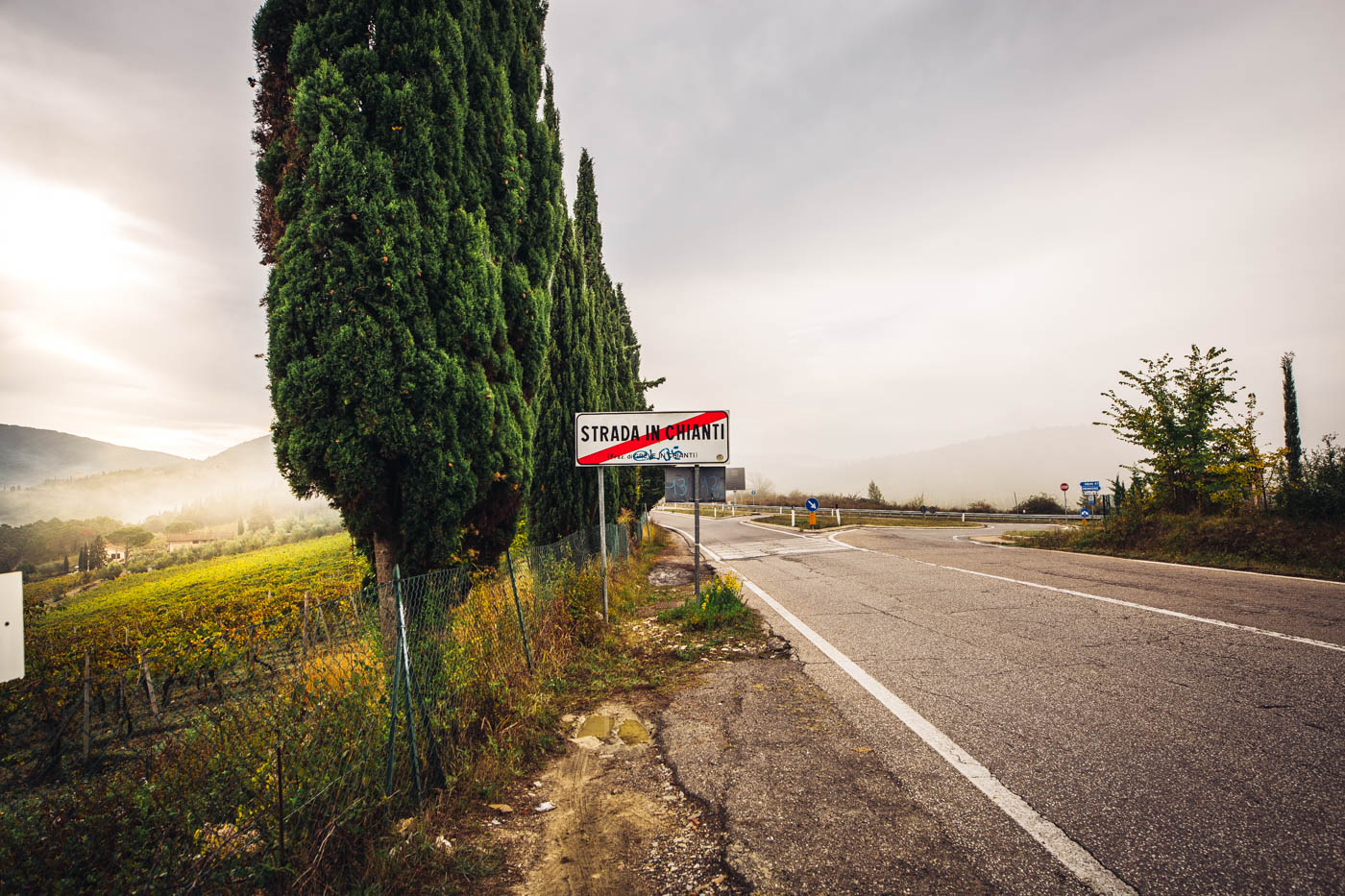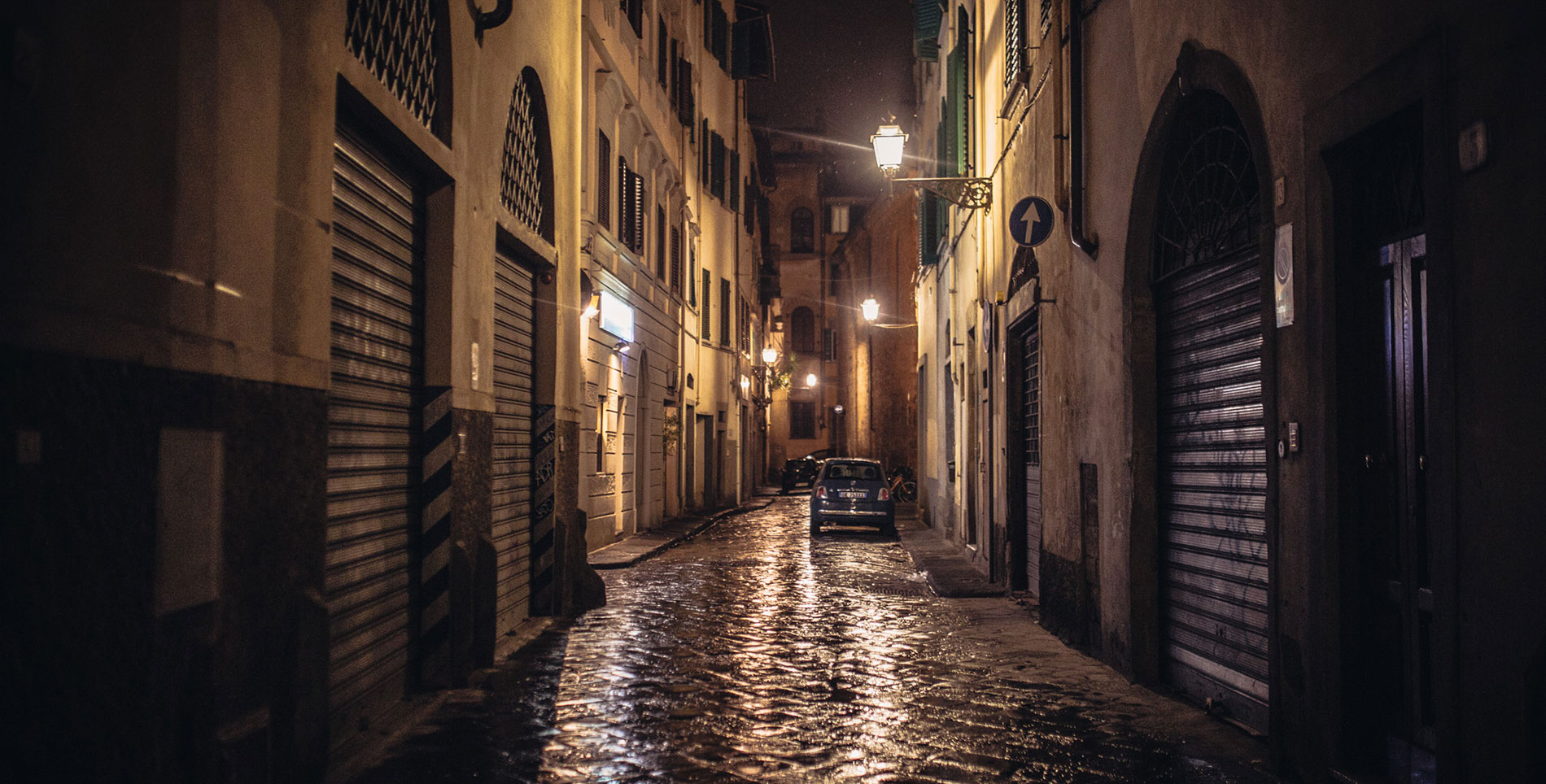The pillars of Italian culture and the structures that support daily life in Italy are built on social interaction.
Here, the morning begins at the counter of the local coffee shop, where the conversation with the barista lasts much longer than the time it takes to drink an espresso. The evening is pleasantly passed in the company of family and friends gathered for an aperitivo or a multi-course dinner. Even the moments that exist in the margins of the daily routine are frequently transformed into impromptu festive occasions. Grocery shopping regularly spans several hours and multiple days. It involves visits to various market vendors and specialty shops where nothing is purchased without first asking for the latest news about one’s family and wellbeing.
As an American residing in Italy, this way of life took a while to get used to. Coming from a culture that desperately crams coffee, alcohol and an excessive amount of carbohydrates and CliffsNotes catch-ups into a single social event (also known as Sunday brunch), I had to learn to savor these things throughout the week. Along the way, I have come to understand that Italian habits stem from a basic human need even more important than that for calories and caffeine: the need for connection.
Italians are known for their love of food and drink, but what they crave most is good company. Their daily rituals are not so much about eating and drinking as they are about nourishing relationships.
Which is why life in Italy during the COVID-19 pandemic is all the more disturbing; it starkly contrasts the sociable way in which Italians normally conduct their lives.


On March 11, 2020, when the World Health Organization officially announced the coronavirus outbreak should be considered a pandemic, Italians were already on their third day of quarantine. Over the course of the month, the scope of rules and restrictions that had been first implemented in the Northern Italian region of Lombardy (the epicenter of the outbreak in Italy) increased in severity and range, eventually impacting the entire country.
As businesses shuttered and police began to patrol the streets, issuing fines to anyone in public without proper justification and documentation, many Italians fled to their family homes outside city centers. This reasonable impulse, motivated by a sense of self-preservation and the wish to protect their family members, likely contributed to the spike in numbers reported about cases of infection and deaths during the second week of the national quarantine toward the end of March. However, just a few days after the initial confusion and panic that sparked from the announcement that all of Italy was now classified as a “red zone,” most Italians accepted the terms of the quarantine and many began to passionately advocate for others to follow suit.
In mid-March, Italian social media channels were flooded with the hashtag #iorestoacasa, which translates to, “I stay home.” This seemingly simple public commitment to adhere to quarantine rules places an emphasis on the “I”—which is often negated in Italian because it is implied by the verb tense itself—but the sentiment is anything but selfish. #iorestoacasa is a demonstration of self-sacrifice for the sake of others, a fact underscored by posts on Instagram that follow “I stay home” with reasons why, such as: “for my grandmother,” “for my children,” or “for my country.”
Rather than losing their sense of purpose while living in lockdown, Italians shifted gears to find new meaning. Despite the discomfort of staying indoors and the hardship of closing their businesses, they emphasized the interpretation of self-isolation as an active means of saving loved ones and contribution to the community. Still, because the virus is especially dangerous for those with weakened immune systems, Italy has lost many beloved members of its elderly population, which accounts for a significant percentage of the national population.
As the devastation has continued toward a crescendo in Italy, so too has the use of #iorestoacasa, along with another hashtag: #distantimauniti (distant but united). Even from the confines of their separate homes and at a distance of six feet between people while in public, Italians have managed to maintain a sense of solidarity. Through social media, they have organized group activities that support this feeling of unity while being apart, including musical moments of singing, playing instruments, and banging pots and pans together at designated times from the safety of their apartment windows, patios and balconies.
Italy has become known as the ill-fated lead actor in the tragedy playing out in real time on the global stage. Outside the country, people watch in horror, but on their native ground, Italians remain resilient and hopeful. Another hashtag, #andràtuttobene (“it will all be okay”), has appeared everywhere online, as well as offline in the windows of people’s homes and businesses, usually accompanied by drawings of rainbows.
This relentless positivity is buoyed by a good sense of humor. A parody of #andràtuttobene emerged soon after the original: #andràtuttostretto. Stretto, which translates to “tight” in this context, references the impending tightness of one’s clothes after weeks of stress eating.

Food has been, of course, a profound source of comfort for Italians during this time. Many have taken up traditional, labor-intensive methods of preparing Italian foods such as pasta, pizza and focaccia as a way of passing the time and feeding themselves and their companions in quarantine with care.
Italy has not seen empty shelves and fear-inducing scarcity at their grocery stores in the way other countries have, although flour and yeast are increasingly hard to come by. One potential reason Italian grocery stores have remained reasonably well-stocked could be dependent on Italy’s short supply chain. While the Italian food system has become globalized in recent years, there continues to be a strong preference for domestic food products amongst Italians. Prior to the outbreak, many people were already in the habit of choosing items with Made in Italy labels (and often regional labels, such as Made in Tuscany, or even sub-regional labels like Made in Maremma) because of a desire to support local economy, or because they believe Italian products are of higher quality than foreign products. For some items, such as olive oil or vegetables, Italians may even buy directly from producers either at market stands or by visiting the locations where the products are grown or processed. In this way, Italian consumers are often linked directly to their food, rather than separated from it by numerous links in the supply chain.
This close relationship between Italians and their food has, in many ways, become even closer during the quarantine. At this time, supermarkets are a source of stress (even when fully-stocked). Police manage the number of people who can enter the stores (all of whom wear masks and gloves) and how close shoppers can stand from one another inside. Small food businesses, on the other hand, are rapidly enacting creative solutions to feed their communities in a more calming and friendly way through delivery services. Farmers are banding together to assemble boxes of local foods that couriers bring to their neighbors. While most work in Italy—a country that depends heavily on tourism dollars—has come to a grinding halt, agricultural labor carries on. If there is a silver lining to be found in all of this, it may be that we collectively, finally, learn to appropriately value and respect farmers, the stewards of our food system and true guardians of our wellbeing.
Regardless of what is lost or gained as a result of the COVID-19 pandemic, the structure of our days will continue to be built around food and drinks as a means of connecting humans to one another. Italy has shown the rest of the world that the only way to survive it is through community.







Our comments section is for members only.
Join today to gain exclusive access.